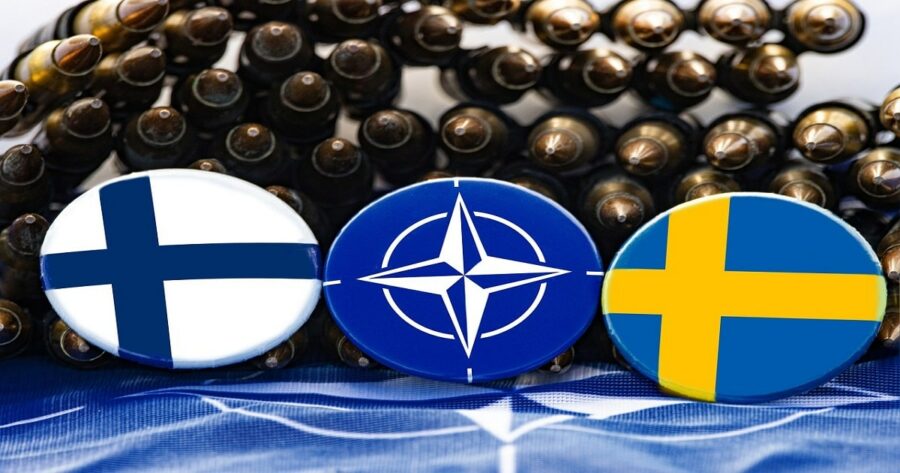Turkey Signals It Will Veto Sweden’s Accession Into NATO
- Kingston Bailey
- Europe
- Trending
- World News
- January 24, 2023

Turkey has recently announced that it will no longer support Sweden’s bid to join the North Atlantic Treaty Organization (NATO), citing recent anti-Muslim protests in the country. This announcement has raised questions about the procedures and veto power for joining NATO, as well as the potential implications for Sweden, which shares a border with Russia.
The process for joining NATO is a multi-step one. First, a country must be invited to begin accession talks by the North Atlantic Council, which is made up of the ambassadors of all NATO member countries. Next, the country must go through a series of negotiations and reforms to align its policies and military capabilities with those of NATO. Finally, the country must be ratified by all existing NATO member countries.
Each NATO member country has veto power over the accession of new members. This means that if any one country objects to a potential new member, the accession process cannot move forward. Turkey’s announcement that it will not support Sweden’s bid to join NATO effectively vetoes the country’s accession.
The reason for Turkey’s veto is rooted in recent anti-Muslim protests in Sweden. Turkey has expressed concern that the protests and the perceived rise of far-right and anti-immigrant sentiment in the country will lead to increased discrimination and marginalization of its Muslim citizens. Turkey’s decision to veto Sweden’s bid to join NATO is a clear signal of its dissatisfaction with the current state of affairs in Sweden.
This veto has significant implications for Sweden, as it shares a border with Russia and has long been seen as a potential target for Russian aggression. As a member of NATO, Sweden would have the protection and support of the organization’s military capabilities, which would be crucial in the event of a Russian attack. Without NATO membership, Sweden would be left to rely on its own defence capabilities and international alliances, which may not be sufficient to deter a Russian attack.
The veto also raises questions about the future of NATO expansion. Sweden’s bid to join the organization has been ongoing for several years, and its accession was seen as a way to strengthen NATO’s presence in the Baltic region. With Turkey’s veto, it is unclear if and when other countries in the region will be able to join NATO.
It is also worth noting that Turkey’s veto on Sweden’s bid to join NATO is not the first time the country has exercised its veto power. In the past, Turkey has also vetoed the accession of Cyprus, a country with which it has a long-standing territorial dispute, and the accession of Macedonia, due to naming dispute.








